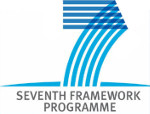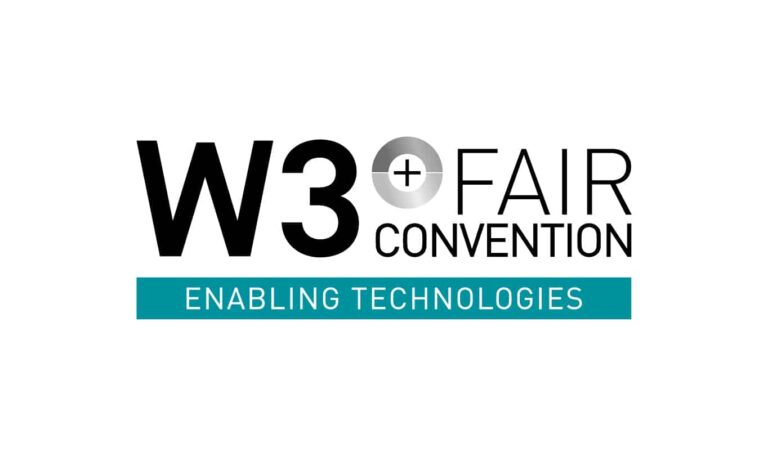ADDAPT
Adaptive Data and Power Aware Transceivers for Optical Communications

Project ID: 619197
Start date: 1. 11. 2013
End date: 31. 10. 2017
EU cordis link: CORDIS
Website: addapt-fp7.eu

Argotech’s role
Project description
Existing optical networks are driven by dynamic user demands but operate statically at their maximum performance and do not offer much adaptability. Thus the links are not energy-efficient. ADDAPT aims at the development and technology take-up of dynamic transceiver subsystems.
Objective
By implementing performance and power adaptivity from system down to optical device, electrical circuit and transistor level, flexible energy-efficient optical transmission links are enabled which pave the way for massive reductions of CO2 emission and costs. Depending on the actual data load, the number of activated link paths and individual device parameters like bandwidth, clock rate, modulation format and gain are adapted to enable lowering the supply power.
Several control types are investigated: cognitive adaption based on predetermined or time averaged loads and real-time adaption. Driven by control units including smart algorithms, the devices can be tuned from 8 to 56 Gb/s.
Novel adaptive directly modulated lasers and photodetectors designed for near-field light coupling are developed to allow self-aligned low-cost waveguide assemblies with minimum optical power losses. Laser bandwidths beyond 30 GHz and power consumption can be traded off and controlled by driver circuits. Circuits such as amplifiers, drivers and clock data recoveries are designed in energy-efficient 14 nm CMOS and can be adjusted via current sources, dc/dc converters and switches.
High-speed, low-loss packaging solutions using glass or ceramics are developed. An optical communication platform tailored for data centers is designed with 4 link paths and 10m link distance for verification of speed adaption from 0.224 Tb/s to 8 Gb/s with power saving factors of up to 6.
ADDAPT is market and standard driven and combines the complementary competences of 2 large companies, 3 SMEs and 2 universities including device manufacturers, suppliers of communication equipment and network operators from 6 EU/associated countries.
Coordinator:
Technische Universitaet Dresden, Germany
Partners:
Compound semiconductor technologies global limited, United Kingdom
IBM Research GmbH, Switzerland
Politechnika Warszawska, Poland
Primetel PLC, Cyprus
VI Systems GmbH, Germany

This project has received funding from the European Union’s research and innovation programme FP7-ICT.
Grant agreement no. 619197.


